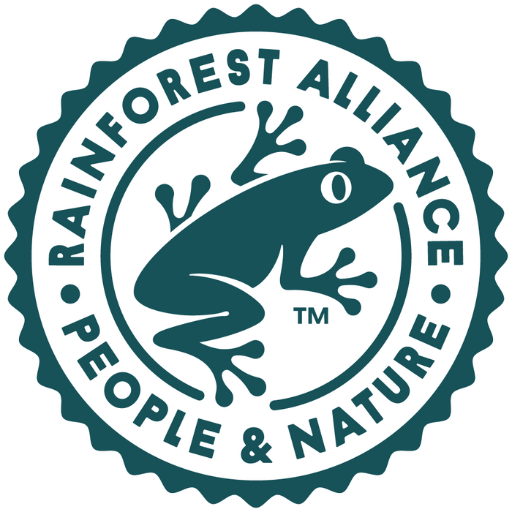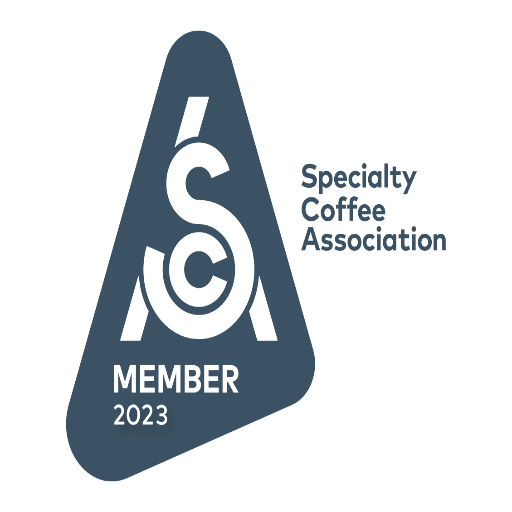In February, we joined coffee traders and roasters from across the country at the Allegra UK Coffee Leader Summit. The event promised insights, case studies and networking opportunities aplenty and didn’t disappoint. What did we learn from the day?
The big story: growth
Between 2014 and 2015, UK coffee shops generated sales of over £7.9 billion, growing their collective turnover by 9.7% and creating 1,693 new outlets in the process. For independent, non-specialist and branded coffee shops, that growth is set to continue at 6% for the next five years. For established brands the outlook is even brighter: their compound annual growth is set to hit 10% until 2020.
A nation of addicts
Consumers are hooked. 80% of the British public surveyed by Allegra World Coffee Portal regularly drink coffee. In 2015, 88% of the same sample visited their coffee shops as often as or more often than they did in previous years.
When it comes down to choosing where to drink, location, coffee quality and familiarity were all top deciding factors for consumers. Only 1% of those sampled chose outlets because of low prices or to try a newly opened store. On the flipside, retailers are set to take advantage of our love of coffee by making it more accessible in the coming years. Allegra claims that drive-thru, workplace, bakery, travel, restaurant and premium coffee retail locations will all become more common over the next decade.
Everyone’s an expert
With the growth of the domestic coffee market, consumers’ palates are becoming more discerning, and it’s up to roasters and retailers to step up. The public now knows and expects coffee excellence, and demands a quality hospitality experience to match. Otherwise, they might well stay at home – as demonstrated by the increasing popularity of home-brewing, premium capsule systems and an ever-growing number of coffee subscription services.
A response needed
Branded outlets are likely to respond to this by mirroring those elements of independent retailers which work well; not least by investing in excellence and diversifying their food offering. Meanwhile, artisanal coffee shops will continue to do what they do, but better. That means experimentation, innovation and focusing on the science of coffee; by fostering consumers’ coffee knowledge through education, and by offering microroasts and craft brews that test the public palate.
Do different
Diversification shouldn’t stop at coffee. The rise and rise of iced beverages and specialty teas will continue. Both can be served throughout the year, and iced beverages in particular work well for younger drinkers with a sweet tooth – drawing them into the coffee market and encouraging them to experiment in the future.
Be technologic
These consumers born after 1990 expect their coffee experience to be smooth and social. Retailers should leverage younger drinkers’ FOMO (Fear Of Missing Out) and smartphone habits by integrating app technology into stores, whether to pay for items, offer reward schemes or make their experience shareable on multiple social networks. On the retailers’ side, we’ll be seeing more and more outlets install high-tech water filtration systems to deal with regional water variations and pH problems.
Milk, no sugar
Along with a growing appetite for coffee excellence, retailers also need to be aware of consumers’ newfound concern and enthusiasm for healthy living. For coffee professionals, this dominant theme in the food and drinks industry means all ingredients now face customers’ scrutiny. Retailers who can offer organic, natural or additive-free menus will come out on top, as will those who serve gluten-free or lactose-free alternatives to cow’s milk in their coffee. If consumers are more aware of what goes into their plates and cups, so should you be.
The coffee industry is in constant flux, and events like the Allegra Summit are essential to staying abreast of major changes and future shifts in the market – for roasters, traders, retailers, and suppliers alike. Got your own predictions for the future of UK coffee? Tell us on Twitter.
For retailers, innovation is essential to keep customers happy. Try something new from our coffee list today.
Image credit:
CC Summit 2011 Warsaw by Kristina Alexanderson, via Flickr. Creative Commons license 2.0.









